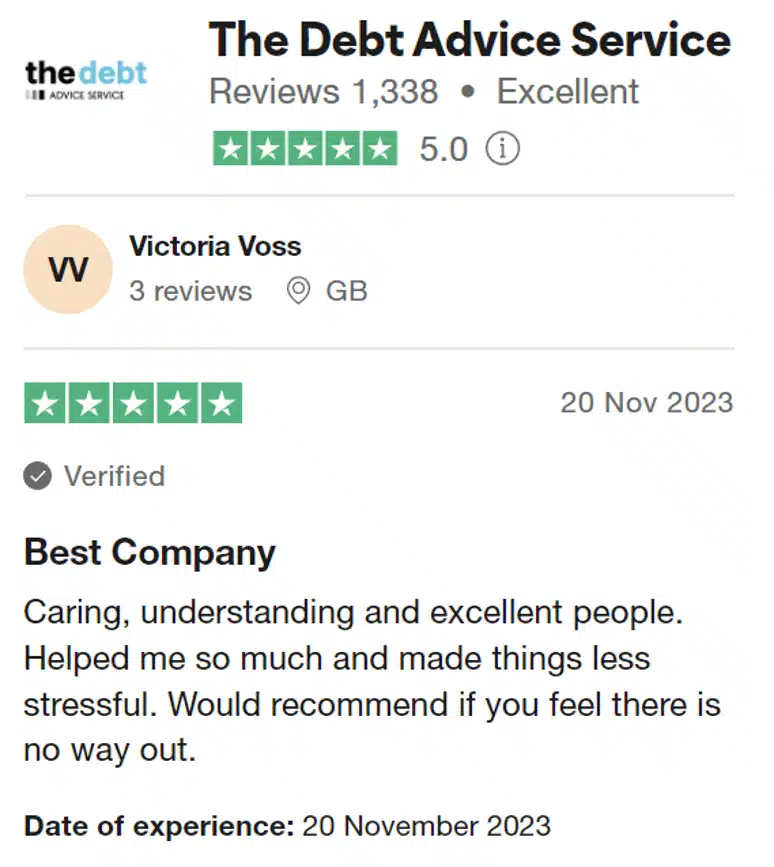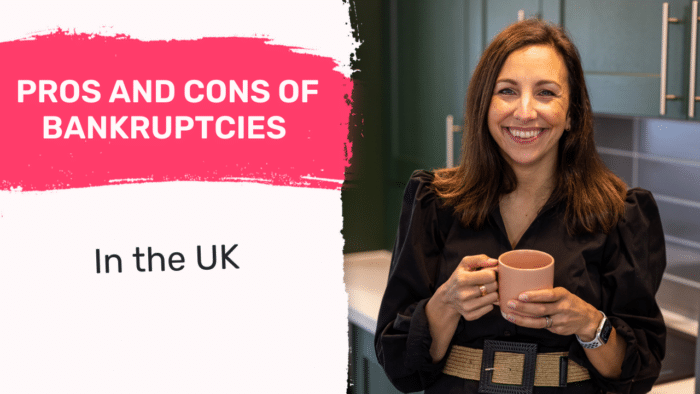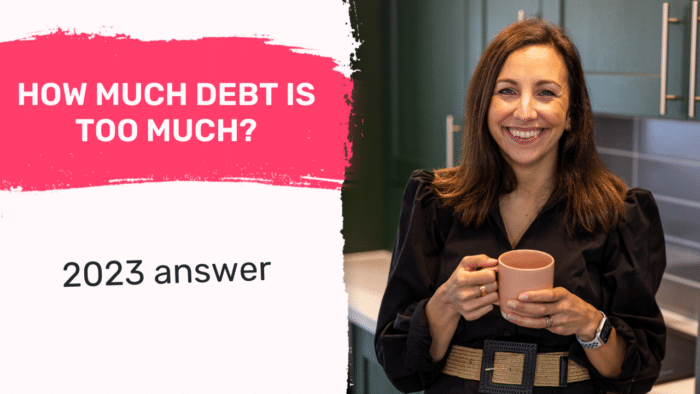How Does IVA Affect Renting a Property?
For free & impartial money advice you can visit MoneyHelper. We work with The Debt Advice Service who provide information about your options. This isn’t a full fact-find, some debt solutions may not be suitable in all circumstances, ongoing fees might apply & your credit rating may be affected.
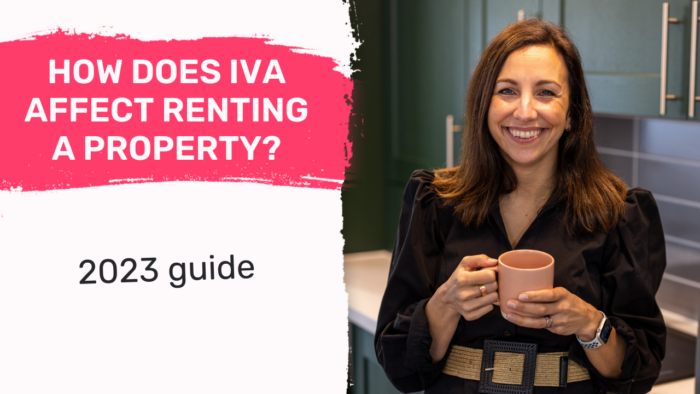
For free & impartial money advice you can visit MoneyHelper. We work with The Debt Advice Service who provide information about your options. This isn’t a full fact-find, some debt solutions may not be suitable in all circumstances, ongoing fees might apply & your credit rating may be affected.
Facing debt can be tough, but don’t worry, you’re not alone. Each month, over 12,000 people like you visit our site to understand their debts.
This article is for people who have a debt and are worried about how an Individual Voluntary Arrangement (IVA) may affect their housing situation. We’ll cover:
- What an IVA is and how it works
- How an IVA considers your rental payments
- If an IVA affects your property and credit check
- What landlords look for when you have an IVA
- How to continue renting, even with an IVA
I know how scary it can be to face debt collectors or worry about losing your home; I’ve been in your shoes. Don’t worry; I’m here to help you understand how an IVA could affect renting a property and how you can manage this.
Do IVA repayments consider existing rental payments?
Yes, your IP will consider all your essential living expenses including ongoing rent payments when making an IVA proposal to your creditors.
This ensures you won’t be worried about keeping up with repayments and not affording your essential living costs.
Will an IVA show up on a credit check?
Yes an IVA is recorded on your credit report from the date it’s approved. It will stay on your credit report for six years and then be automatically deleted.
It stays on your report for this period of time even if the IVA fails or the IVA is settled early due to a windfall. Having an IVA on your credit history will severely damage your credit rating and make it harder to get approved for credit during and immediately after the IVA.
You might find some willing lenders, but most of these will probably charge a higher rate of interest because you’re now seen as a greater lender risk.
Interestingly, if your IVA is extended significantly, the length of time it appears on your credit report will also be increased.
How a debt solution could help
Some debt solutions can:
- Stop nasty calls from creditors
- Freeze interest and charges
- Reduce your monthly
A few debt solutions can even result in writing off some of your debt.
Here’s an example:
Situation
| Monthly income | £2,504 |
| Monthly expenses | £2,345 |
| Total debt | £32,049 |
Monthly debt repayments
| Before | £587 |
| After | £158 |
£429 reduction in monthly payments
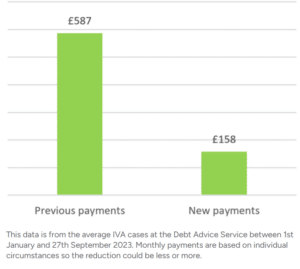
If you want to learn what debt solutions are available to you, click the button below to get started.
Do landlords check for an IVA?
Sometimes landlords and estate agencies will carry out a credit check before approving you to rent one of their properties. If they do, they will see that you have an IVA.
However, some landlords and estate agencies might not check your credit report, so there’s no 100% certain answer.
Can I still rent a property if I have an IVA?
One of the big questions from people who enter into an IVA is how the IVA affects renting property. Here is one of the most asked questions I receive, which is also common on forums:
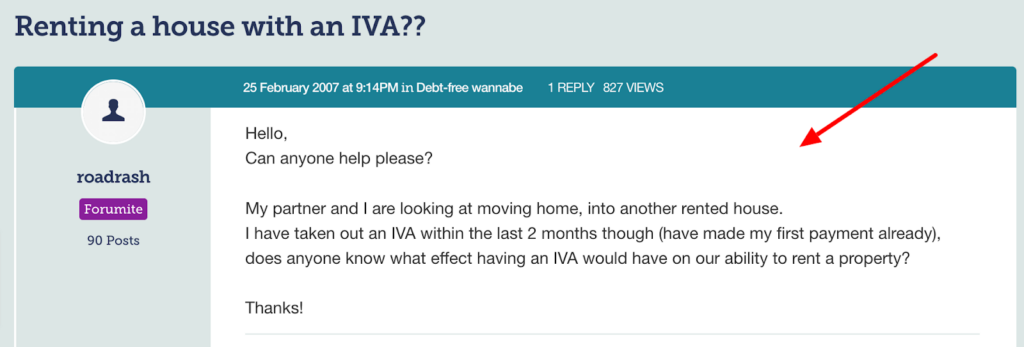
Source: https://forums.moneysavingexpert.com/discussion/386456/renting-a-house-with-an-iva
There is nothing in the law that says you can’t rent a property because you have an IVA. But some landlords might reject your rental application if they see you have an IVA on a credit check.
Your ability to continue renting a property or rent a new property with an IVA will hinge on other factors.
In the sections below, I’ll be covering if an IVA affects a current rental property or the ability to move to a new rental.
Thousands have already tackled their debt
Every day our partners, The Debt Advice Service, help people find out whether they can lower their repayments and finally tackle or write off some of their debt.

Natasha
I’d recommend this firm to anyone struggling with debt – my mind has been put to rest, all is getting sorted.
Reviews shown are for The Debt Advice Service.
Will an IVA affect my current rental?
Possibly, but it’s not very likely.
For starters, your landlord won’t be directly informed that you’ve entered into an IVA during your tenancy. The landlord could look this up on the public insolvency register, but this is highly unlikely to happen.
Even if your landlord did find out that you entered into an IVA to deal with your debts, there might not be much they could legally do to get you out of the property.
The letting agent or landlord will only have grounds to make you leave – which could also be a lengthy process – if there is a clause in the contract for this situation.
Some estate agents and landlords add an insolvency clause in their rental agreements, which basically states that the tenancy agreement can be terminated if the tenant becomes insolvent.
So you might want to check your current tenancy agreement to see if there is an insolvency clause or not. It’s quite unlikely but not impossible.
What if rent arrears were included in the IVA?
It’s highly unlikely that a landlord will agree to let you repay rent arrears through an IVA. Rent arrears and secured loans don’t usually get included in an IVA.
When you wish to use an IVA with rent arrears, the IP will usually allow for additional expenses in your repayment plan to help you cover these arrears while paying into the IVA. Although, this will reduce your repayment proposal and may make it harder to get the IVA approved by creditors.
But in the highly unlikely event that your rent arrears were included, the landlord will already know about the IVA. Even then, the IVA doesn’t prevent the landlord from taking legal action to evict you from the property.
Does an IVA affect renting a new property?
You can run into trouble if you’re trying to move to a new rental with an IVA. It depends on whether the new landlord or letting agent performs a credit check to see if you have an IVA.
There is nothing to say that the new landlord has to reject your rental application if they do see you’re using an IAV to get out of existing debts, but they might be more apprehensive.
Just as a lender sees you as having a greater lending risk when you have an IVA on your credit file, the landlord will also see you as having a greater risk of not paying rent on time because of your history of missing debt repayments.
This can sometimes be unfair because lenders and landlords only get a small part of the information and don’t always know the full story.
How to rent with an IVA and a pending credit check
You might be able to sure up your chances of getting your rental application approved despite an IVA and a credit check on the way. You could:
- Rent with someone else who has a strong credit history
- Rent in your partner’s name if their sole income also meets the landlord’s requirements
- Rent using a guarantor who agrees to pay your rent if you miss payments
- Send the landlord a letter (read on)
If you know your landlord is performing a credit search, you might want to accompany your application with a personal letter to explain your IVA and financial circumstances. This could help you get your rental application approved.
What other IVA rental problems could you face?
One issue you could face is raising a large enough deposit when starting the rental agreement. Unless you will get back the same or a higher deposit from an existing rental before you move, you may not have the immediate funds to put down a deposit on the new rental.
Although your IP will consider existing rent payments in the IVA proposal, they won’t account for you need to raise money to increase a rent deposit amount as part of a move. This might be something you need to consider.
Learn about other debt solutions
If you haven’t already signed up for an IVA, you may want to know about other debt solutions which might be a better option, especially for renters.
You can learn about those on my Get Out of Debt page, and you should always seek personalised debt advice before choosing your preferred debt solution. Debt charities provide confidential and personalised advice for free!
